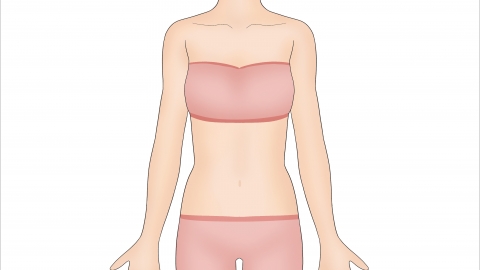What are the harms of hypersexuality?
The harms of hypersexuality generally include physical exhaustion, psychological imbalance, interpersonal conflicts, disruption of daily life routines, and the potential to trigger inappropriate behaviors. A detailed analysis is as follows:

1. Physical exhaustion: Frequent sexual activity or excessive sexual impulses can overconsume physical strength and mental energy, leading to chronic fatigue and lethargy, which negatively affect work and study efficiency. Prolonged congestion in the reproductive system may lead to prostatitis in men and gynecological inflammation in women, impairing reproductive health.
2. Psychological imbalance: Unmet sexual desires may cause anxiety, irritability, and depression. An excessive pursuit of sexual stimulation may result in psychological dependence, reduced interest in other aspects of life, and an overly narrow psychological focus, thereby harming mental health.
3. Interpersonal conflicts: Excessive focus on one's own sexual needs while neglecting a partner’s feelings and willingness can lead to arguments and damage intimate relationships. In social settings, openly expressing strong sexual needs may make others uncomfortable, increasing social distance and impairing normal interactions.
4. Disruption of daily life: Spending excessive time and energy satisfying sexual urges can disrupt sleep schedules and interfere with work or study plans, potentially causing tardiness or absenteeism. This leads to chaos in personal and professional life, negatively affecting long-term career development and quality of life.
5. Induction of不良 behaviors: Some individuals may cross moral boundaries in pursuit of sexual stimulation or gratification, engaging in voyeurism, harassment, or even illegal acts. Such behaviors can damage personal prospects and social order, and also bring psychological stress and feelings of guilt.
When symptoms of hypersexuality occur, it is important to seek professional help promptly to identify any underlying physiological or psychological issues. In daily life, cultivating hobbies and increasing physical activity can help redirect attention. Maintaining open communication with one's partner helps preserve a healthy intimate relationship and prevent conflicts.










